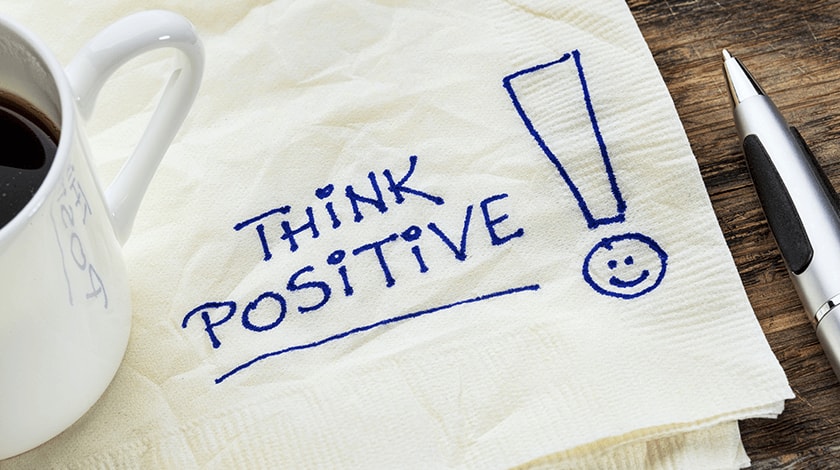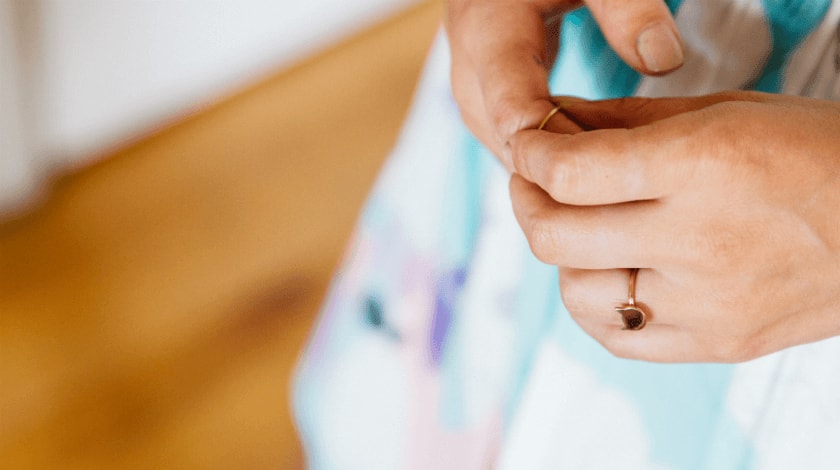Getting a little nervous in certain social situations is normal but for some people who get more anxious easily, it can be overwhelming.
What are the symptoms and how can you prevent feeling red in the face?
Blushing is often accompanied by other symptoms.
How many do you recognize?1
- Headaches
- Sweating
- Difficulty swallowing and speaking clearly
- Churning stomach
- Trembling
- Twitching
- Unable to concentrate
"Fight or flight"
The symptoms above are your body's automatic reactions to something that causes anxiety and fear. Therefore, your heart will beat faster to pump around the body. You will also sweat to prevent overheating.
Red alert
Blushing is caused by excess blood rushing to the tiny blood vessels that are found just below the surface of the skin.2 Common places on the body that may blush or turn red include the face, ears, neck ,and upper chest.2
If you do feel yourself going red, try to focus on something else instead of the blushing. Imagine yourself calm and relaxed.
Tips for beating nervous
A lot of these signs of anxiety are caused by the autonomic nervous system.2 Because these reactions are automatic response, you don't have as much control over them, but you can reduce them by using these tips:
- Take deep breaths is one of the best methods to help with nervousness
- Breathe in slowly and deeply through your nose
- Breathe from your belly rather than from your chest. Now hold your breath in for a few seconds and then release your breath slowly from your mouth
- Be aware of and try to stop negative thoughts about what could go wrong
- Replace negative thoughts with positive ones
- Limit caffeine and sugar as they can make you feel jittery. Try to keep your diet healthy and balanced
Being active can help you feel more positive and defuse stress, which allows you to stay relaxed under pressure.

Being nervous is not always a bad thing
Everyone would feel a bit nervous before an important event. It isn't always a bad thing because it can even be part of the excitement you may be feeling.
Some research has found that people who blush are viewed as more positive than people who don't. In the research, when participants were shown photographs of people blushing after an embarrassing event, they were perceived as being more trustworthy.3
Don't be frustrated or angry at yourself for being nervous. If you feel your anxiety is stopping you from living a normal life, talk to your doctor and seek for help.

Sources
- Understanding Anxiety. Mind. Visited 22 February 2012.
- Crozier, R. The Puzzle of Blushing. The Psychologist. 2010;23(5):390-393.
- Dijk C, Koenig B, Ketelaar T, de Jong PJ. Saved by the blush: being trusted despite defecting. Emotion. 2011;11(2):313-9.

